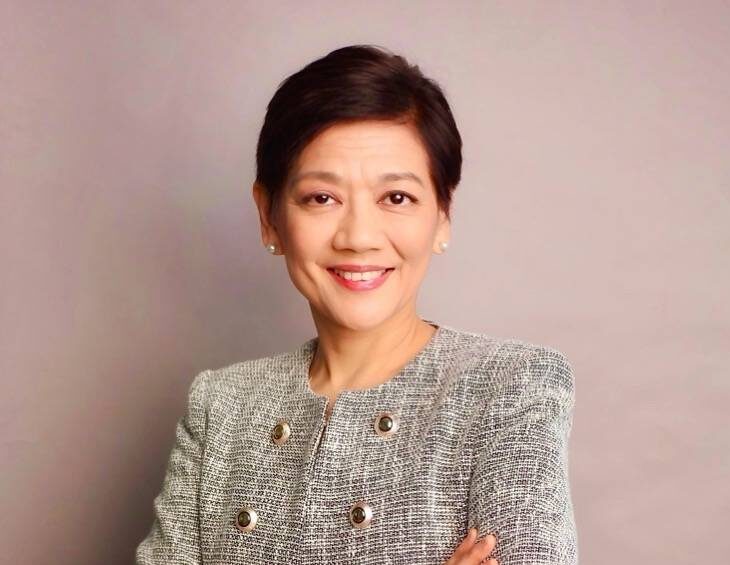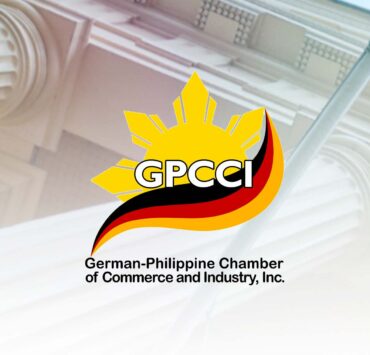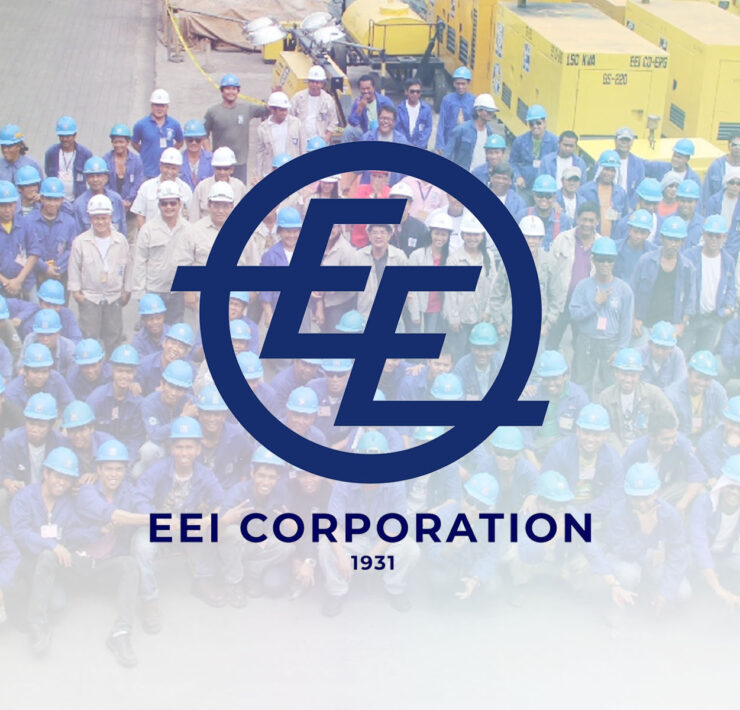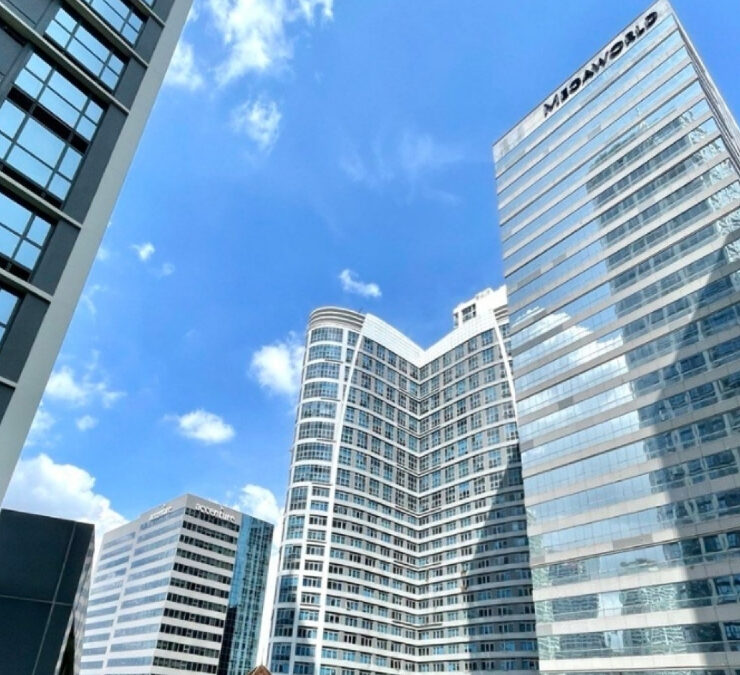Premium brands seen to shield Ayala Land from US tariffs fallout

Property giant Ayala Land Inc. (ALI) is banking on its premium brands—a segment that has maintained robust sales—to weather the uncertainty brought about by US President Donald Trump’s tariff.
Mike Jugo, AyalaLand Premier (ALP) president, said in a media briefing on Thursday that building on the premium segment could shield the property developer from potential fallout from the tariffs.
“We really focused on the premium market, which does not rely as heavily on international market. Most of the sales of premium segment are local,” he said.
Still, ALI president and CEO Anna Ma. Margarita Bautista-Dy said it was “still a little bit uncertain how this [tariff] will pan out.”
Broken down, local buyers account for the bulk, or 72 percent, of ALI’s sales, while overseas Filipinos account for 15 percent of the purchases.
Other foreign buyers comprise the remaining 13 percent, most of which are from the United States.
High-end residences
Residential sales reservations, an indicator of future revenue trajectory, grew by 12 percent to P127.1 billion last year. The growth was driven by strong demand for premium brands ALP and Alveo Land, as well as for horizontal projects and suburban estates.
High-end residential revenues, meanwhile, rose by a quarter to P80.8 billion, making up 64 percent of the company’s total top line.
For this year, ALI chief finance officer Augusto Bengzon said they would raise P55 billion to refinance maturing obligations and fund expansion plans.
Bulk, or 60 percent, will be raised via sustainability-linked financing program, while the rest will come from bank loans.
Out of the P55 billion, P30 billion will go to ALI’s P95-billion capital expenditures program.
Some 37 percent will go to residential projects; 25 percent, to estate development; 23 percent, to leasing and hospitality projects; and 15 percent, to land acquisition.
Meanwhile, the hospitality arm of ALI is set to spend $500 million in the next five years to double hotel room capacity. Its portfolio includes Seda Hotel, El Nido Resorts and Huni at Lio estate.
Dy said they currently have a land bank of 10,000 hectares, the bulk, or 80 percent, of which is in Luzon.





















